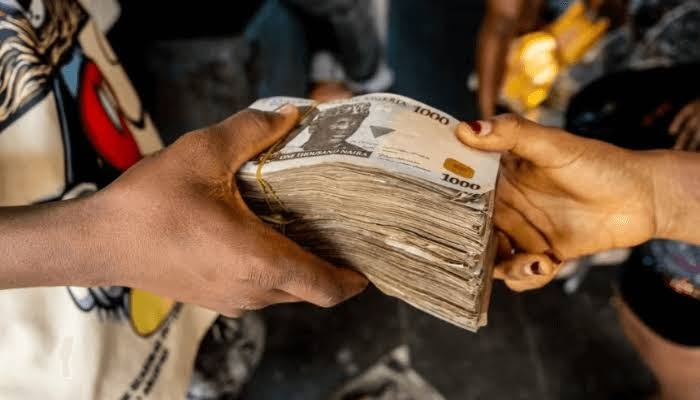June 26, 2025
How to ace a job interview in 90 seconds, from an Ivy League communication expert
by Super User
Sophie Caldwell You only have about 90 seconds to make a strong first impression in…
June 26, 2025
Peter Obi decries ‘coordinated lawlessness’ after brother’s property is demolished in Lagos without court order
in POLITICS
by Super User
Former presidential candidate Peter Obi has condemned what he described as a brazen act of…
June 26, 2025
Does the Tinubu voter regret add up to anything? - Abimbola Adelakun
in Opinion
by Super User
…
June 23, 2025
The reason even successful people struggle to get out of bed some days
in FEATURES
by Super User
Sometimes after a long, productive day, I only have the energy to scroll on social…
June 21, 2025
Man convicted of posing as flight attendant to fly for free 120 times
in Strangely
by Super User
A 35-year-old American man has been found guilty of impersonating a flight attendant at least…
June 26, 2025
17 soldiers killed, dozens injured in fierce gun battles with terrorists in Niger, Kaduna
in Crime
by Super User
Seventeen soldiers have been confirmed dead and at least ten others injured following coordinated attacks…
June 26, 2025
Here’s the latest as Israel-Hamas war enters Day 629
in WARS
by Super User
Seven Israeli soldiers killed in Gaza, pressure on Netanyahu for ceasefire The Israeli military said…
June 25, 2025
Tesla robotaxi launch: Why getting from dozens to millions of self-driving cars won't be easy
Tesla (TSLA.O) finally has a robotaxi. Now comes the hard part. The electric-vehicle maker deployed…
May 13, 2025
Nigeria's Flying Eagles qualify for World Cup after dramatic win over Senegal
in Sport
by Super User
Nigeria's U-20 national football team, the Flying Eagles, have secured their place at the 2025…


































































